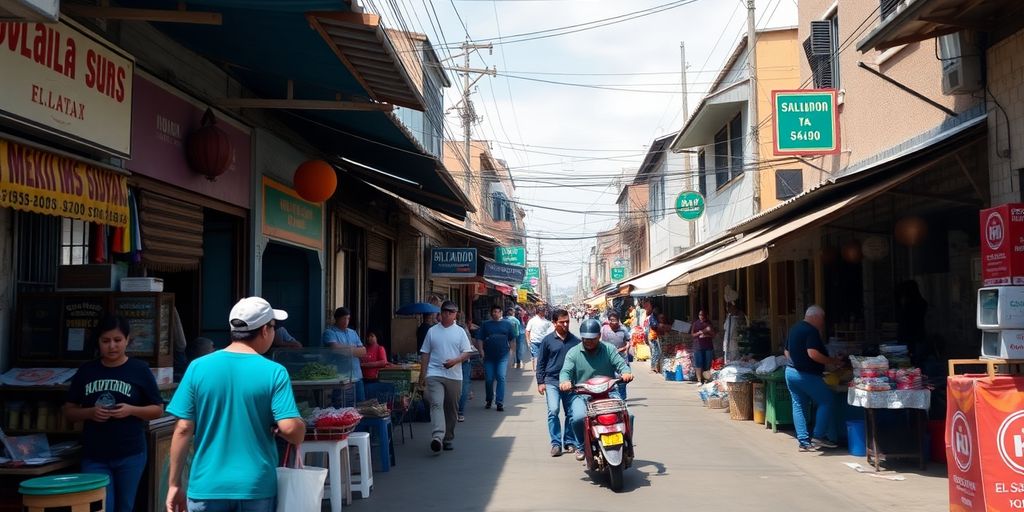El Salvador’s ambitious Bitcoin initiative is facing significant hurdles, with only 11% of the registered Bitcoin service providers currently operational. This revelation comes from data released by the Central Reserve Bank of El Salvador, highlighting the challenges that many firms face in complying with the stringent requirements set forth by the country’s Bitcoin Law.
Key Takeaways
- Only 20 out of 181 registered Bitcoin firms in El Salvador are operational.
- 89% of providers have failed to meet the legal requirements to operate.
- The Bitcoin Law mandates strict compliance measures, including Anti-Money Laundering programs.
- El Salvador’s government continues to support Bitcoin despite recent IMF agreements.
Overview of Bitcoin Firms in El Salvador
In total, El Salvador has registered 181 Bitcoin service providers, but only 20 of these firms are currently operational. The remaining 161 firms have been classified as non-operational, primarily due to their inability to meet the requirements outlined in the Bitcoin Law.
The Central Reserve Bank’s data indicates that at least 22 of these non-operational providers have not adhered to the necessary compliance measures, which include:
- Implementing an Anti-Money Laundering (AML) program.
- Maintaining accurate records of assets, liabilities, and equity.
- Establishing a tailored cybersecurity program based on the nature of their services.
Compliance Challenges
The stringent requirements of the Bitcoin Law have proven to be a significant barrier for many firms. The law was designed to ensure that Bitcoin service providers operate within a secure and regulated framework, but the high standards have left many unable to qualify as operational.
As a result, 89% of the registered providers have failed to meet at least one of the obligations necessary for operational status. This situation raises concerns about the viability of El Salvador’s Bitcoin ecosystem and the potential for future growth in the sector.
Government Support Amidst IMF Deal
Despite the challenges faced by Bitcoin firms, the government of El Salvador remains committed to its Bitcoin initiative. In 2021, El Salvador became the first country to adopt Bitcoin as legal tender, a move that was part of President Nayib Bukele’s broader economic strategy.
However, recent developments have complicated this commitment. The country signed a $1.4 billion loan agreement with the International Monetary Fund (IMF), which includes stipulations that require El Salvador to roll back some of its Bitcoin-related efforts. Under this agreement, taxes will be paid in U.S. dollars, and public institutions will limit their use of Bitcoin.
Future of Bitcoin in El Salvador
The IMF has urged El Salvador to cease public sector Bitcoin purchases, but President Bukele has indicated that the government will continue to buy Bitcoin, suggesting a potential conflict with the terms of the IMF deal. This has led to speculation about whether the country might reconsider Bitcoin’s status as legal tender.
John Dennehy, a Bitcoin activist based in El Salvador, has mentioned that a rollback law affecting Bitcoin’s legal status is set to take effect on April 30. This development could have significant implications for the future of Bitcoin in the country and the operational status of its service providers.
As El Salvador navigates these challenges, the future of its Bitcoin initiative remains uncertain, with many eyes watching to see how the government will balance compliance with international financial obligations while fostering a thriving Bitcoin ecosystem.








